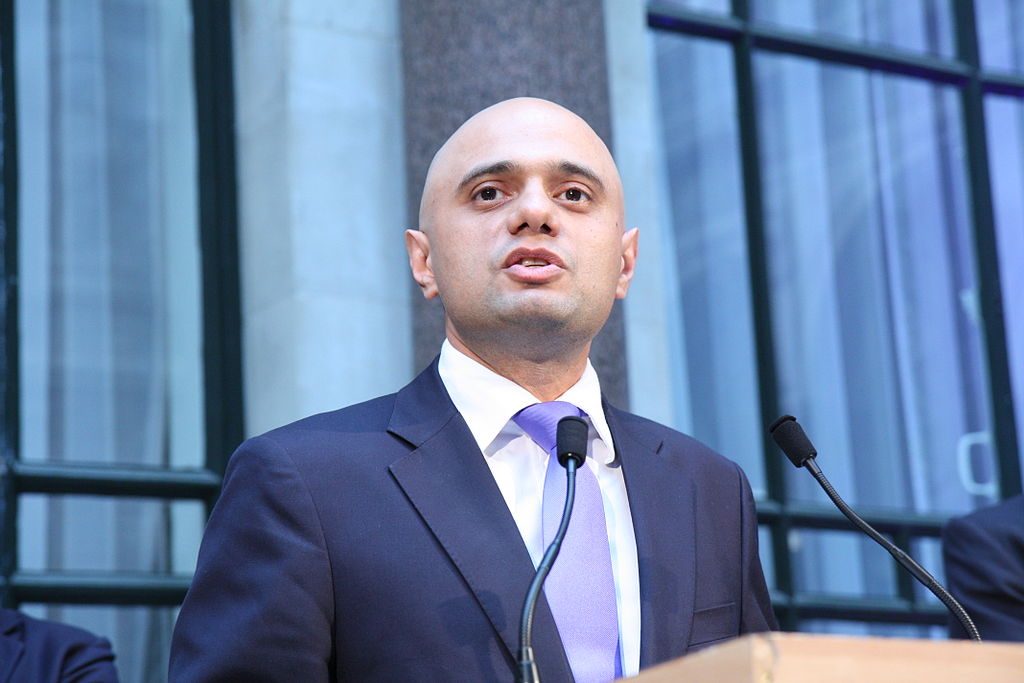A High Court judge has said that the Home Office should not stop providing support to victims of trafficking and slavery simply because they have been receiving help for 45 days or more.
The judge suspended a Home Office policy to stop victims of trafficking and slavery from receiving statutory support after 45 days, ruling on Wednesday (April 17) that it could cause “irreparable harm to very vulnerable individuals,” according to a report in the Guardian.
It was decided that the Home Office must continue funding support for all victims of trafficking where this is needed. The judge’s suspension will last until the lawfulness of the Home Office policy is considered at a full hearing, which is scheduled for the end of June.
At the summer court date, a judgment will be issued on whether the Home Office has breached its duties under the Trafficking Convention by placing an arbitrary cut-off date for its assistance arrangements provided to victims.
Who Does This Affect?

Home Secretary Sajid Javid. (Image credit: Wikimedia Commons)
Two victims of trafficking, called NN and LP, brought the case before the High Court. Both currently receive assistance from the government department to help them recover from the trauma they have experienced.
The UK is mandated to provide such support to victims of trafficking under Article 12 of the Trafficking Convention and the Court of Appeal has previously clarified that this obligation is ongoing – so long as the victims remain in the country.
The Home Office attempts to fulfil this obligation through a contract with the Salvation Army, a Christian charity which provides various forms of support to victims of trafficking that have been identified through the National Referral Mechanism (NRM). The NRM is the UK’s system for identifying victims of human trafficking and ensuring they receive appropriate care.
Under these support arrangements, victims receive a financial top-up of £27.25 per week and outreach support including regular contact with a support worker, or accommodation in safe house accommodation to prevent their re-trafficking. Such help can be essential to ensure vulnerable individuals can carry out day to day tasks and to prevent the deterioration of their health.
The Home Office’s now-suspended policy, which came into effect on 1 February this year, restricted support to victims of trafficking 45 days after these individuals had been conclusively identified using the NRM.
Before this, such support was limited to 14 days. Victims’ support workers were allowed to apply for an extension, but there is currently no published policy on the criteria required for this to be granted. Extension requests are very rarely made in practice, despite concerns over victims’ wellbeing.
What Is The Impact Of The Home Office Policy?

Image credit: Nahid Hatamiz on Unsplash
The limiting of support to 45 days after conclusive identification has been widely criticised. A Private Members’ Bill from Lord McColl of Dulwich, which to seeks extend this assistance to a year, is currently before Parliament.
Speaking to Sun Online on April 17, Lord McColl said: “All the evidence I’ve seen is that victims need more support than the current 45-day move- on period.
“I introduced my Bill to try to improve what is available, and I am pleased that it has been backed by so many victim support charities.”
NN and LP were identified as victims of trafficking earlier this year. However, they were later told that they had only 45 days before the support, which they rely on as part of their ongoing recoveries, was set to end.
What’s more, they aren’t alone in their plight. The Salvation Army has reported that, between July 2017 and June 2018, a total of 7,724 victims were supported by the Salvation Army and its subcontractors.
All the evidence I’ve seen is that victims need more support than the current 45-day move- on period. I introduced my Bill to try to improve what is available, and I am pleased that it has been backed by so many victim support charities.
Lord McColl of Dulwich
At present, the date when the support of such victims is due to end is based on an arbitrary timeframe, and is not based on an individual assessment of their needs. This can be terrifying for victims because it is difficult to set a strict deadline on the recovery time for these traumatised individuals.
At the High Court, NN and LP are challenging the Home Office’s decision to stop their support under its now-suspended rule, as well as the lawfulness of the policy.
They argued that until this is decided, the Home Office should continue to provide support to victims of trafficking or slavery and that an arbitrary timeframe should not be a barrier to this.







